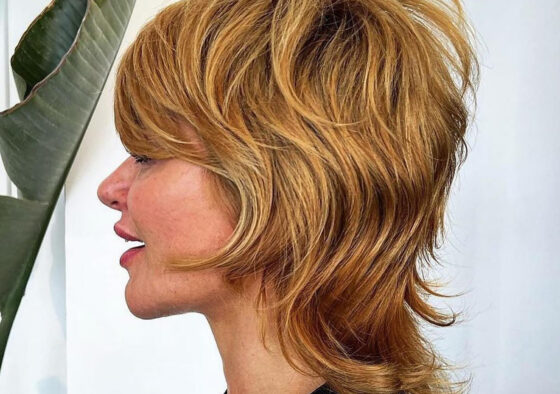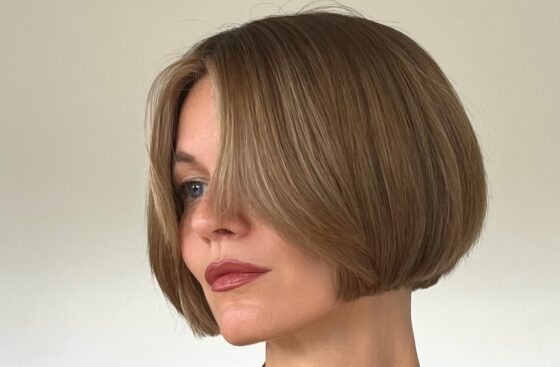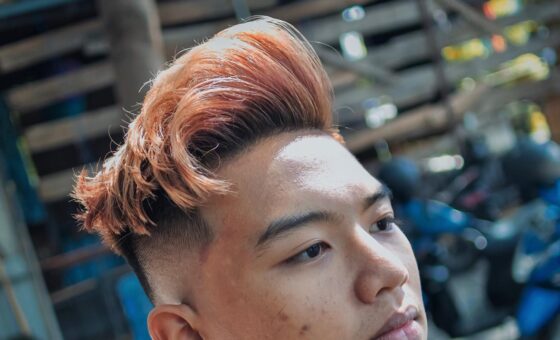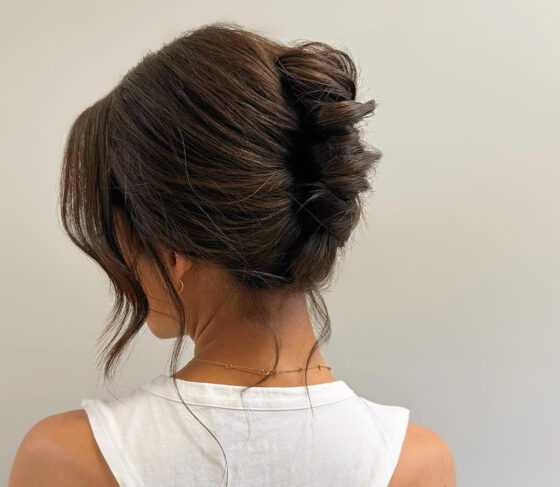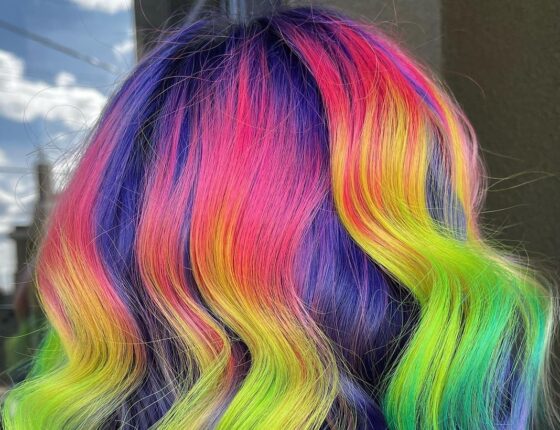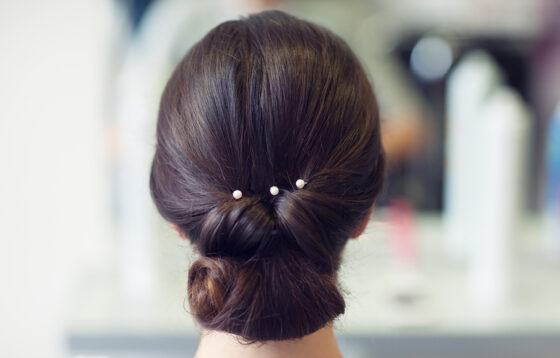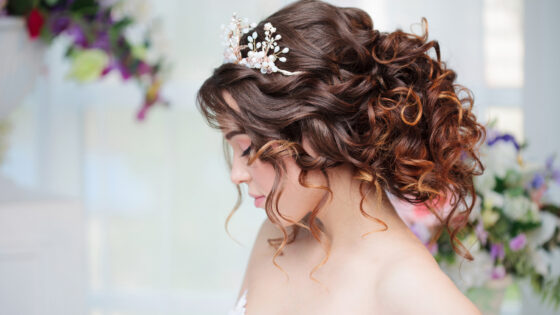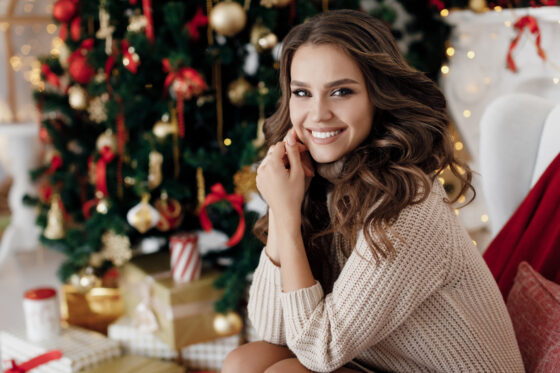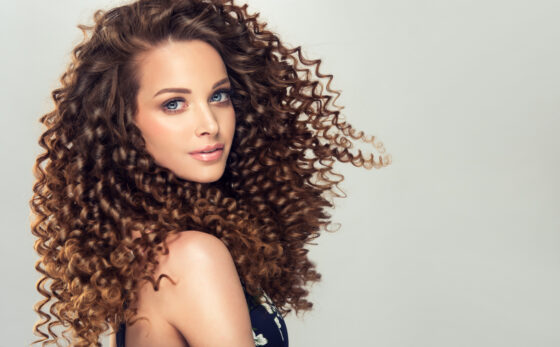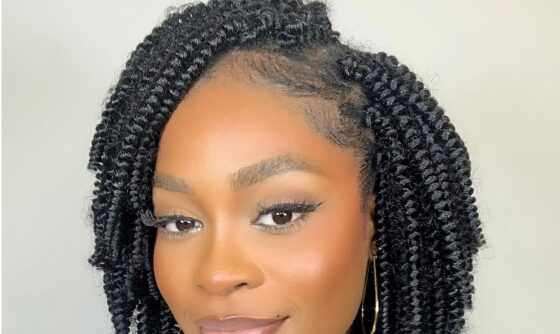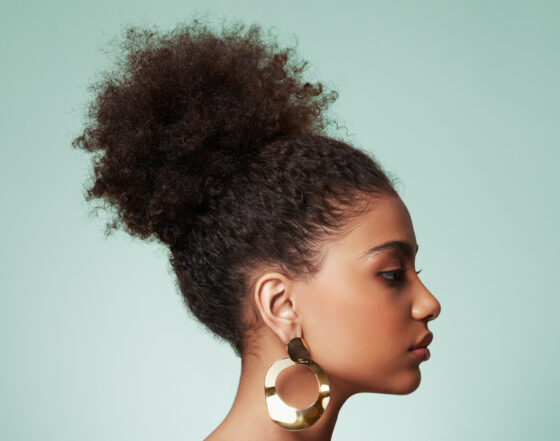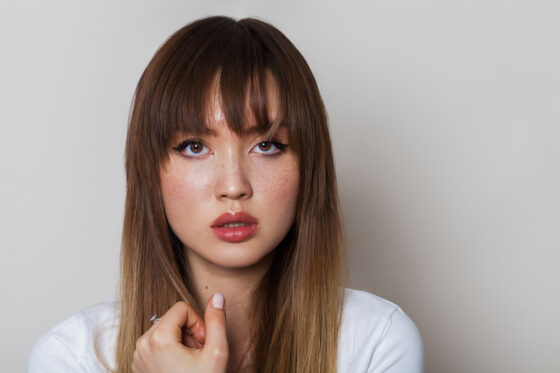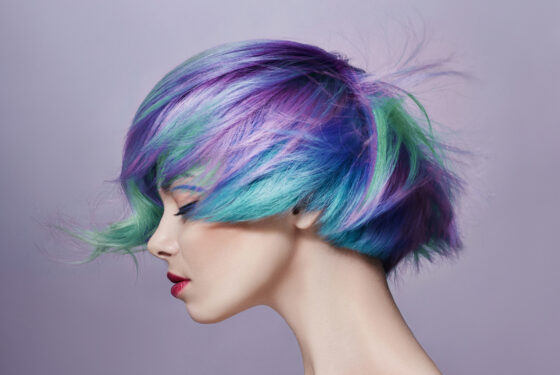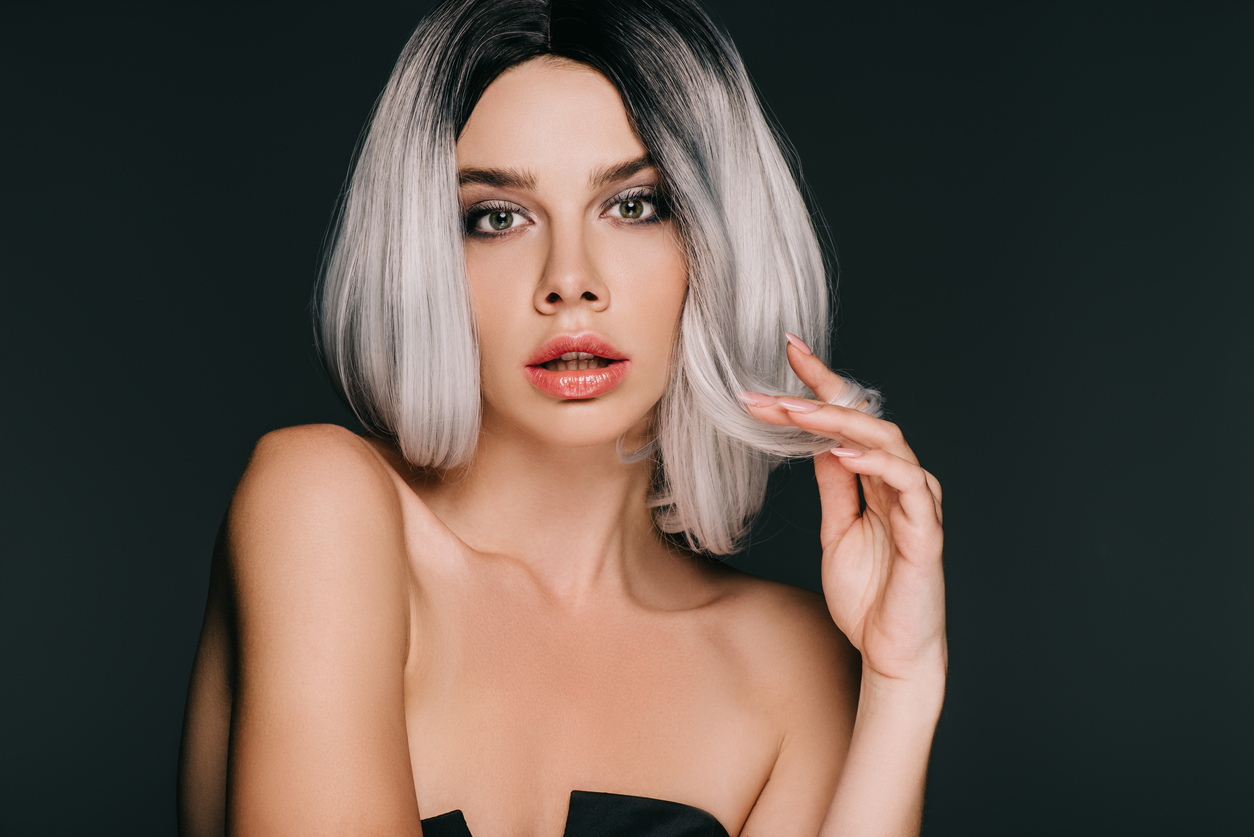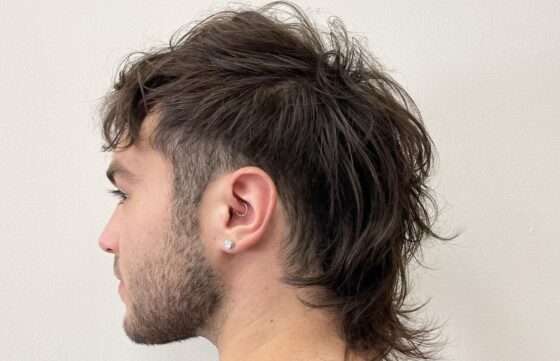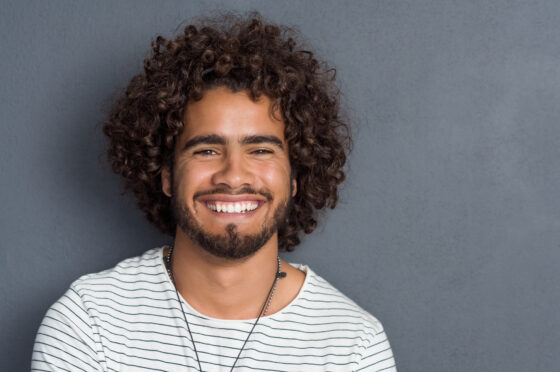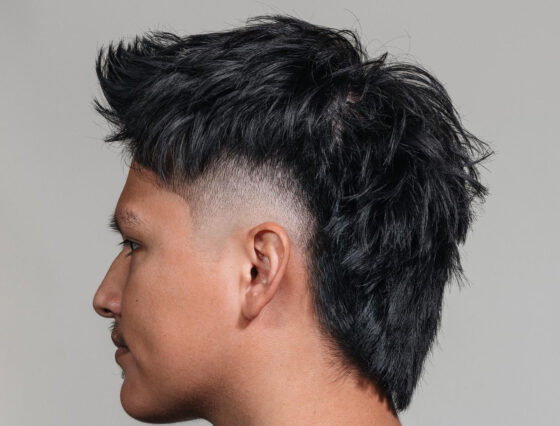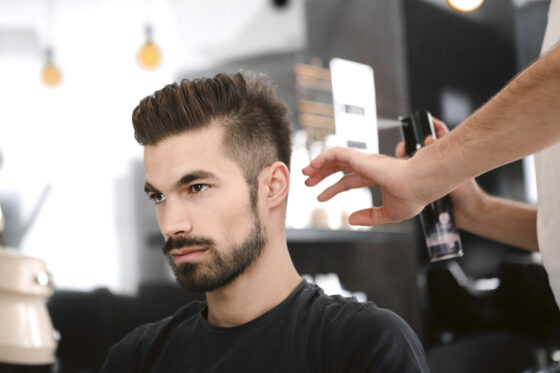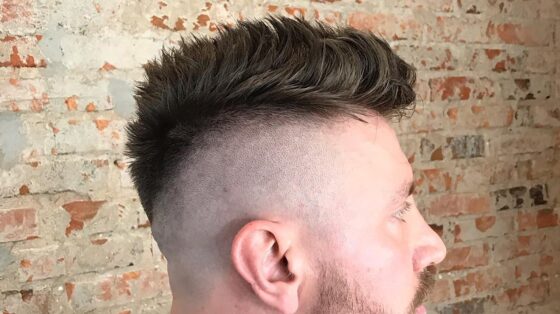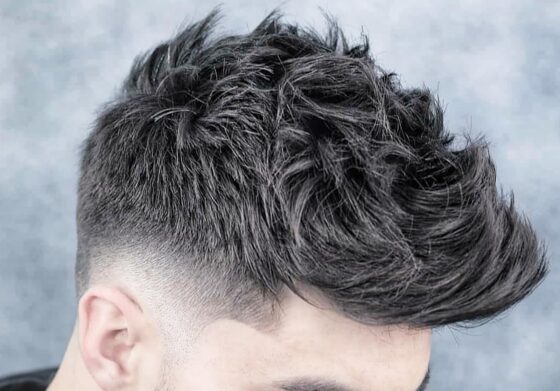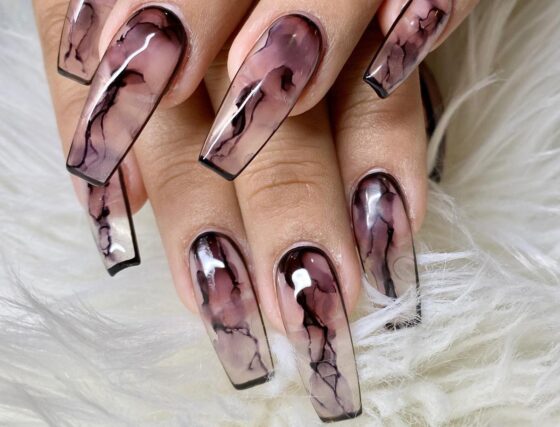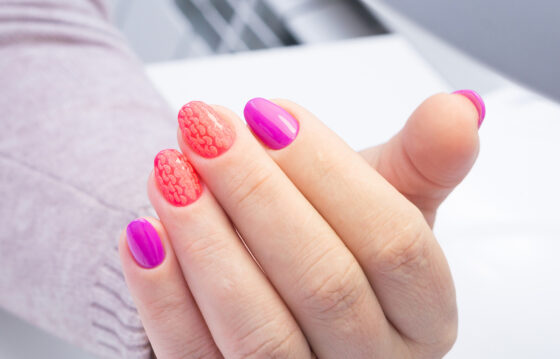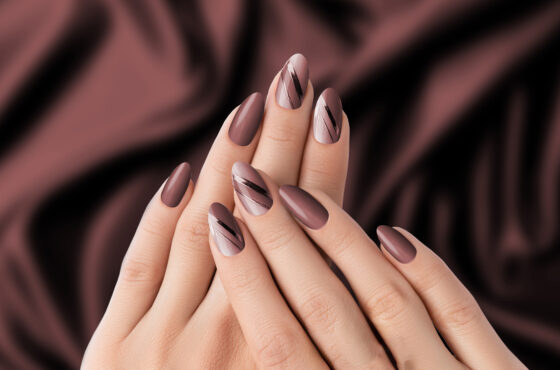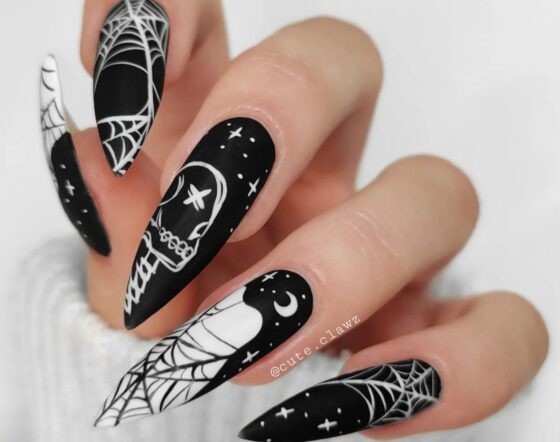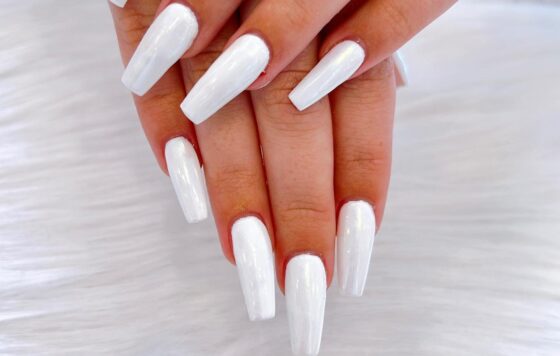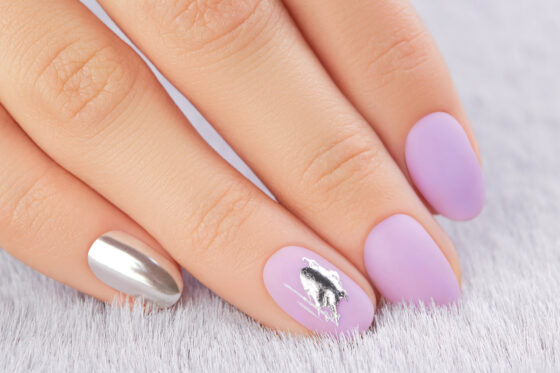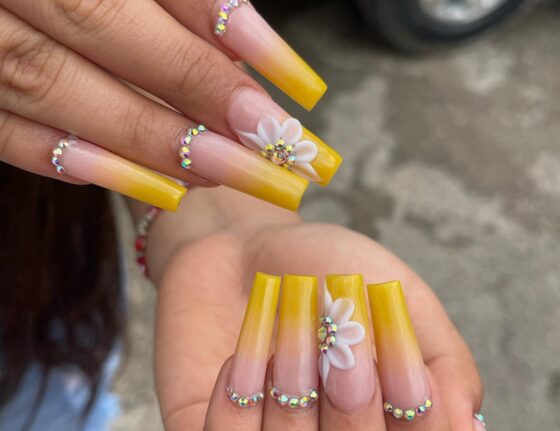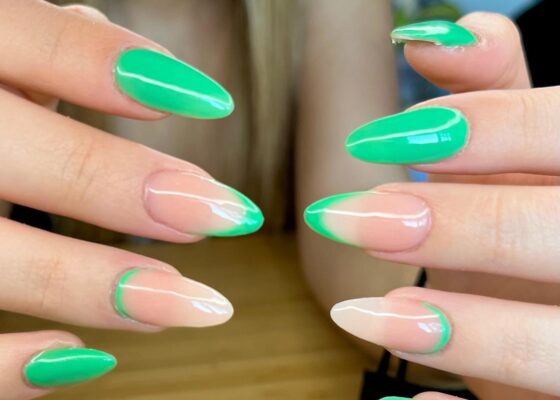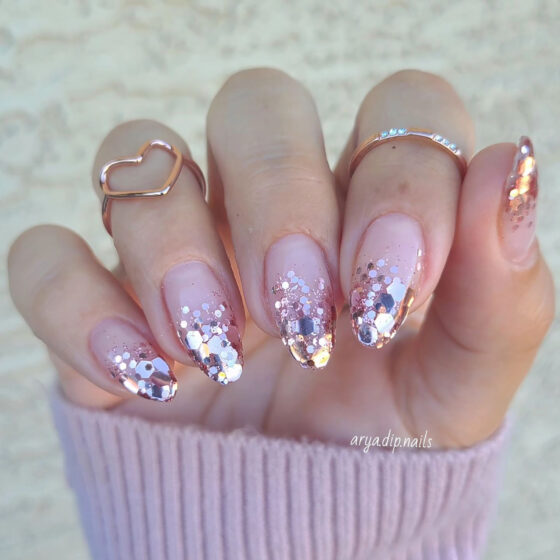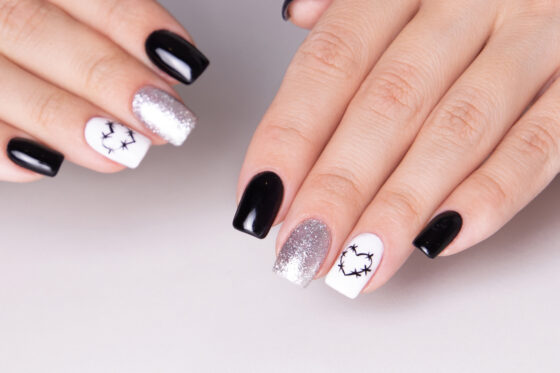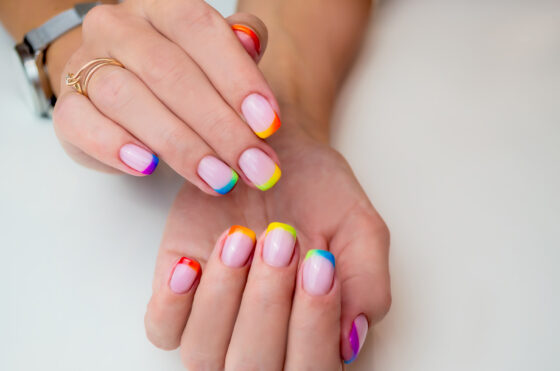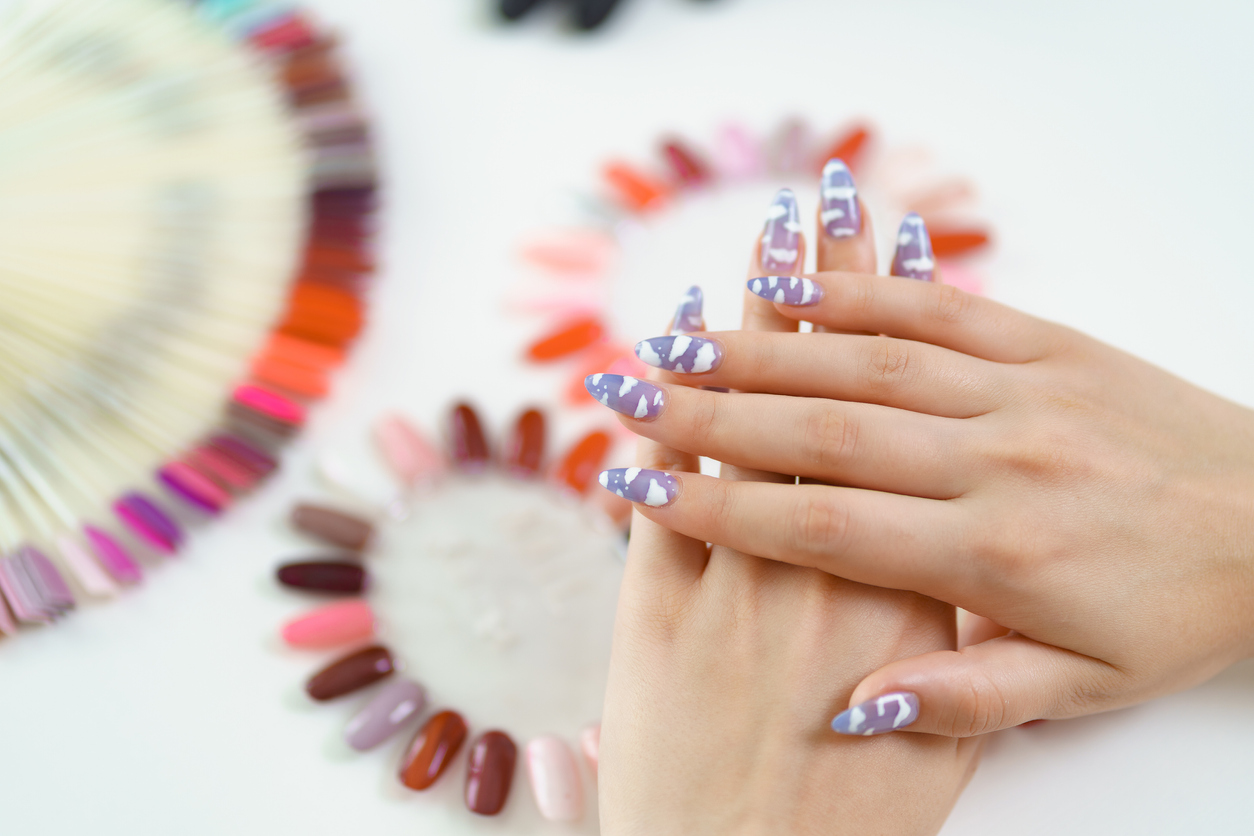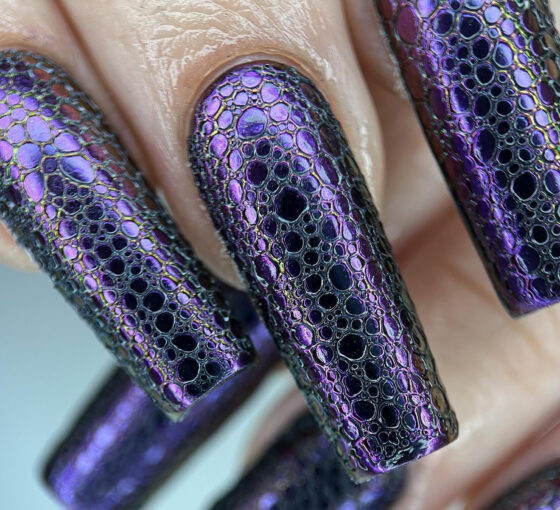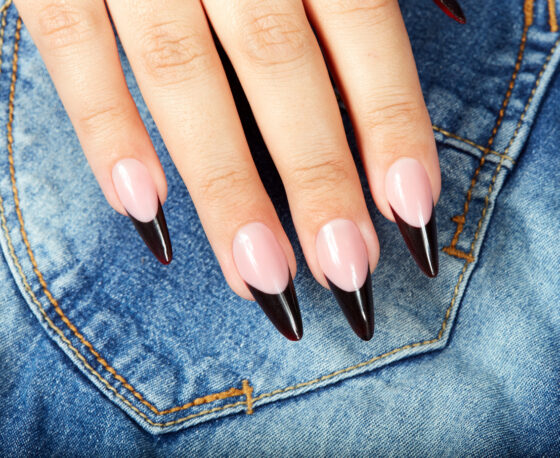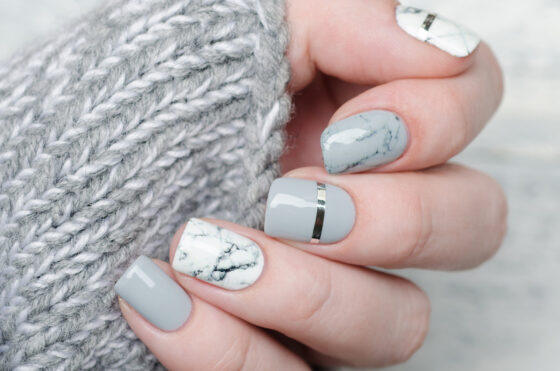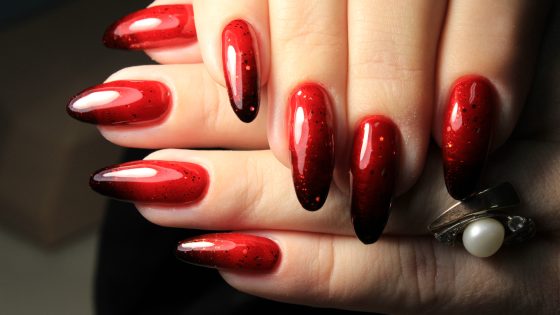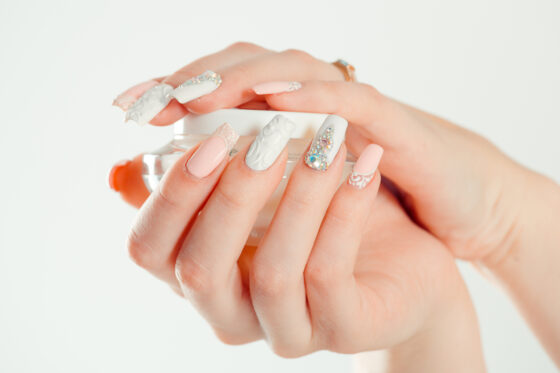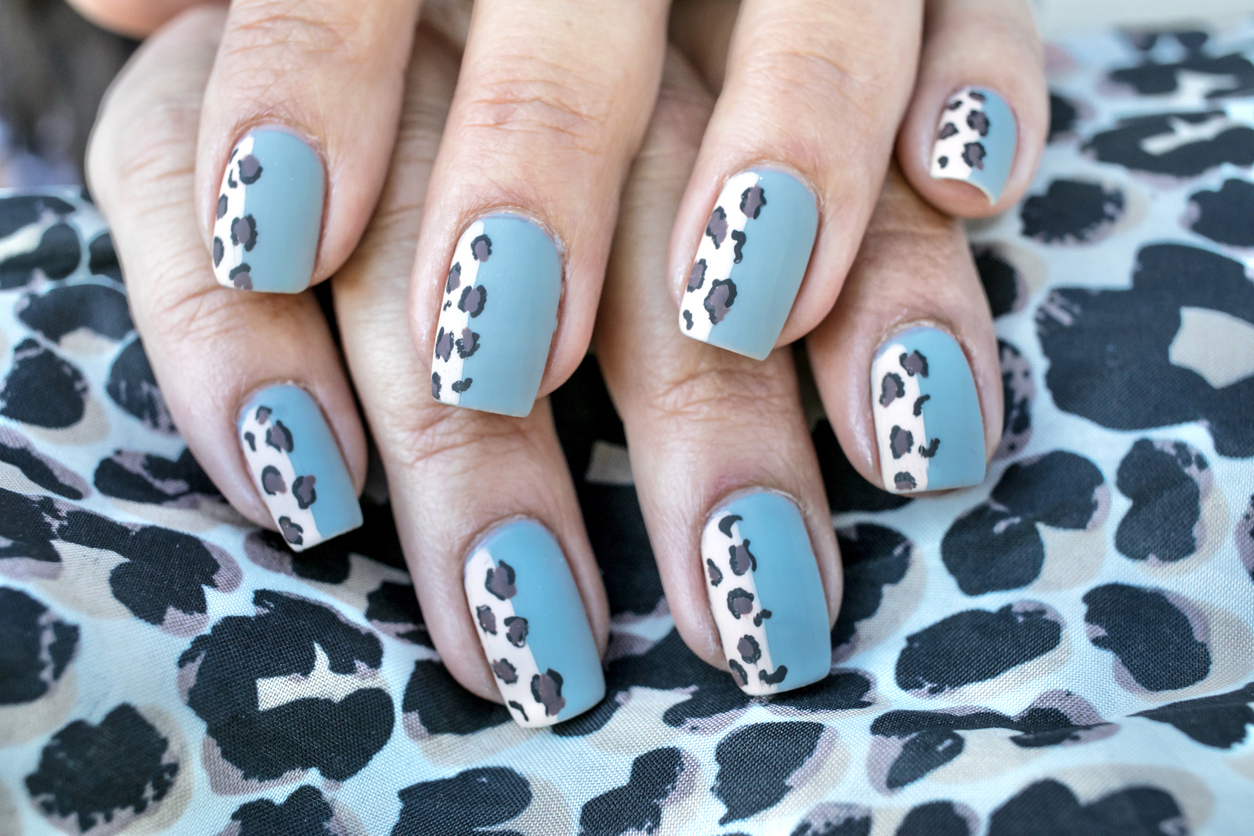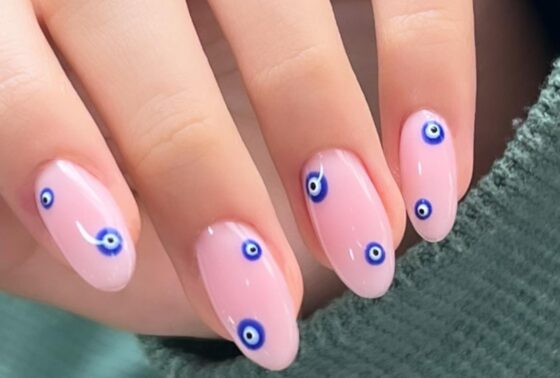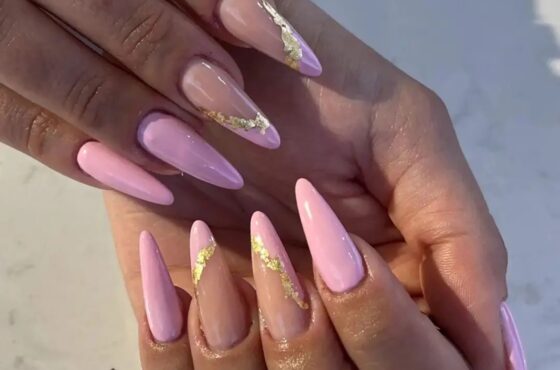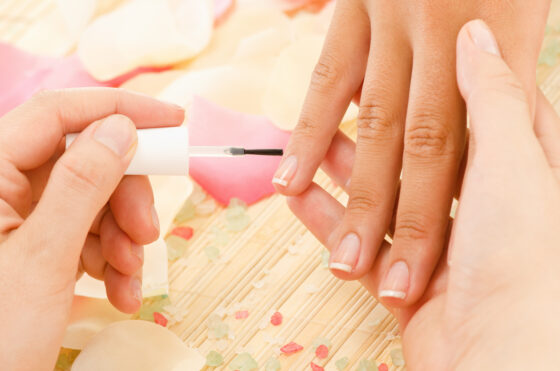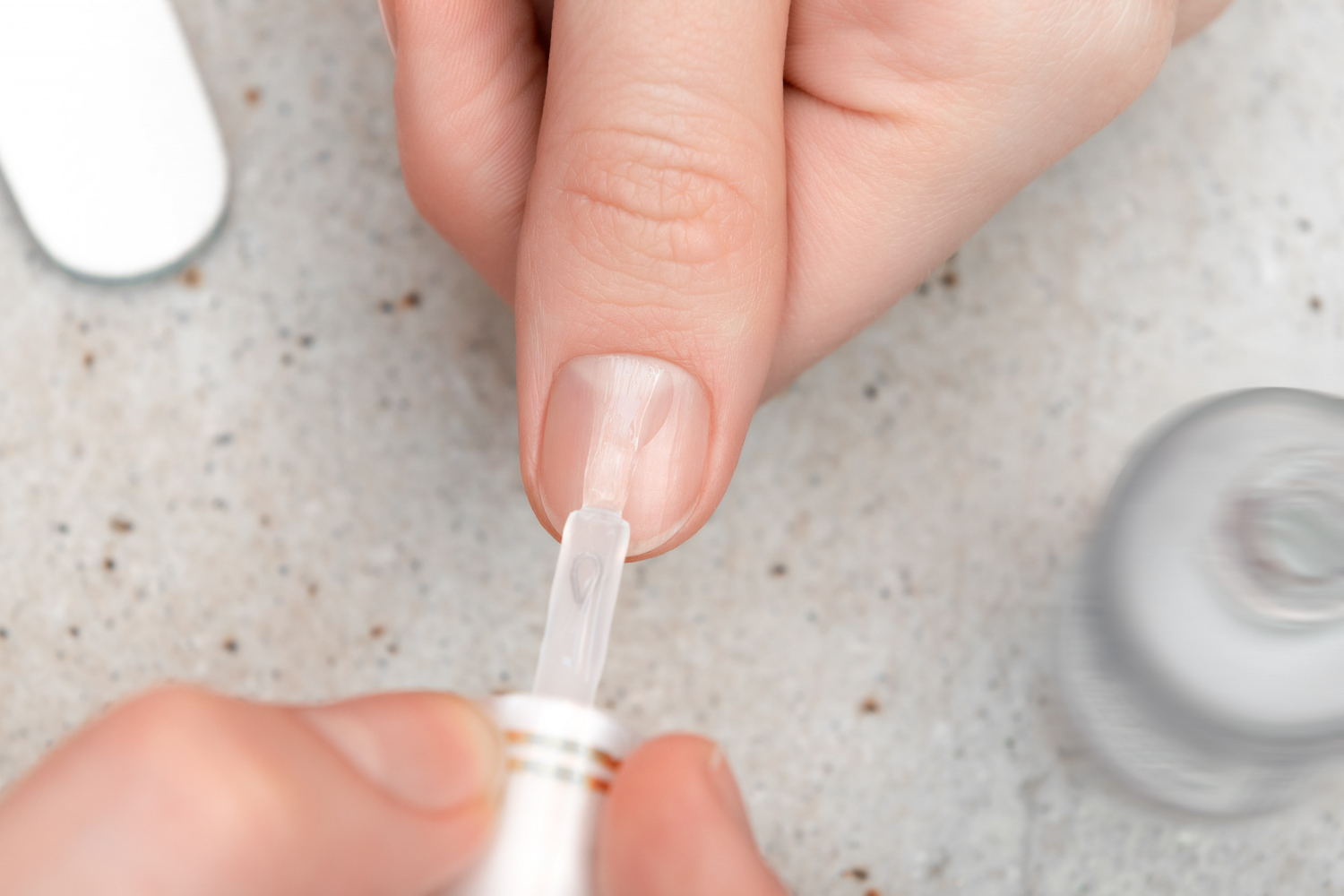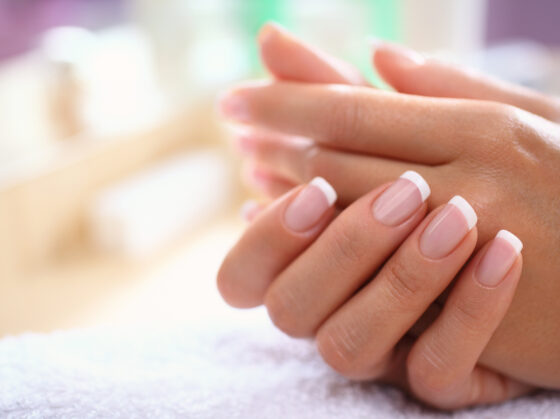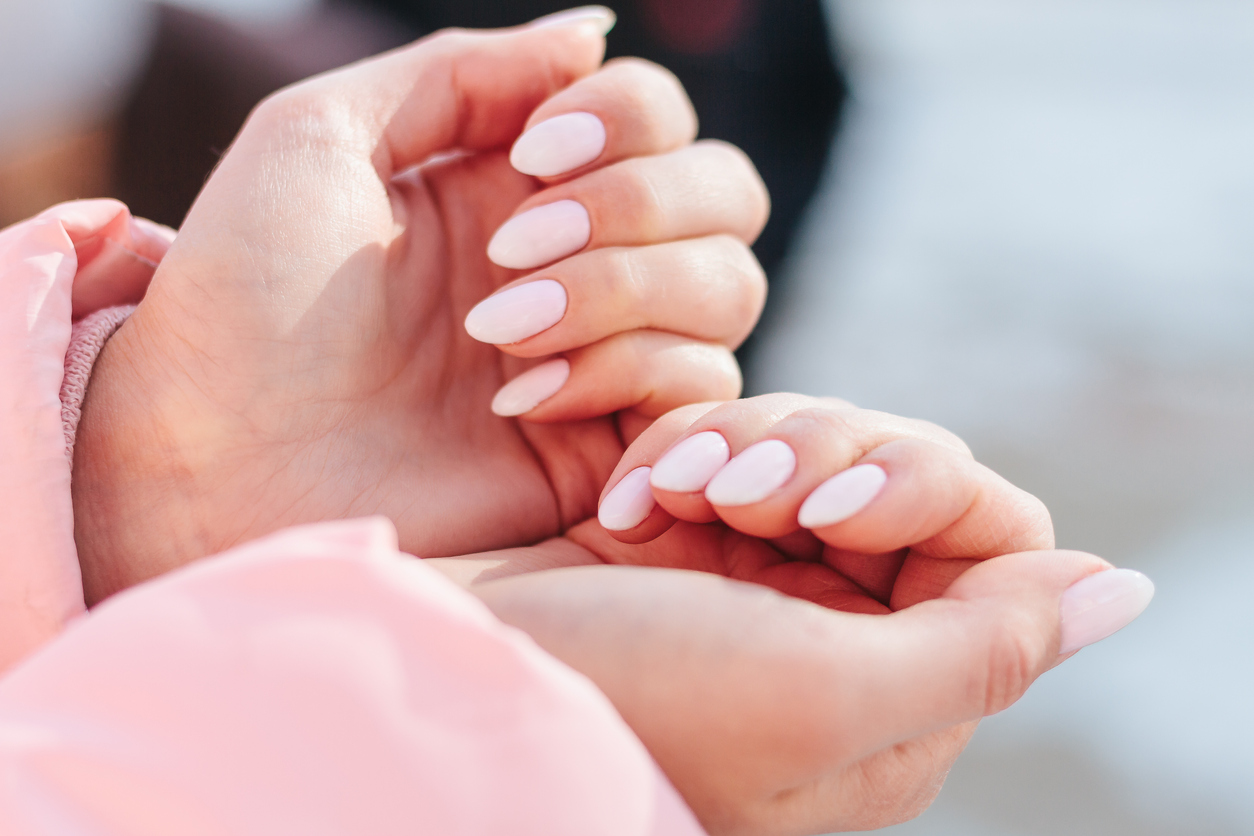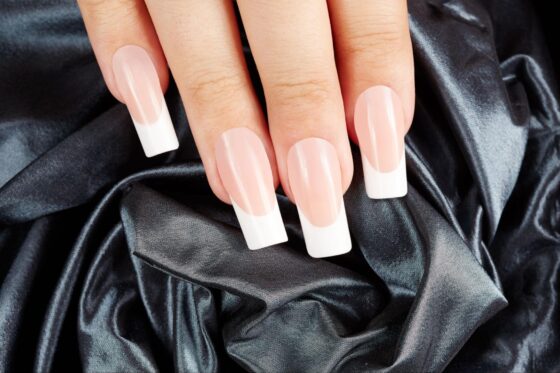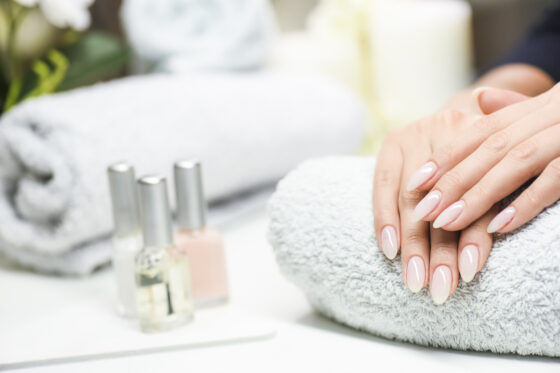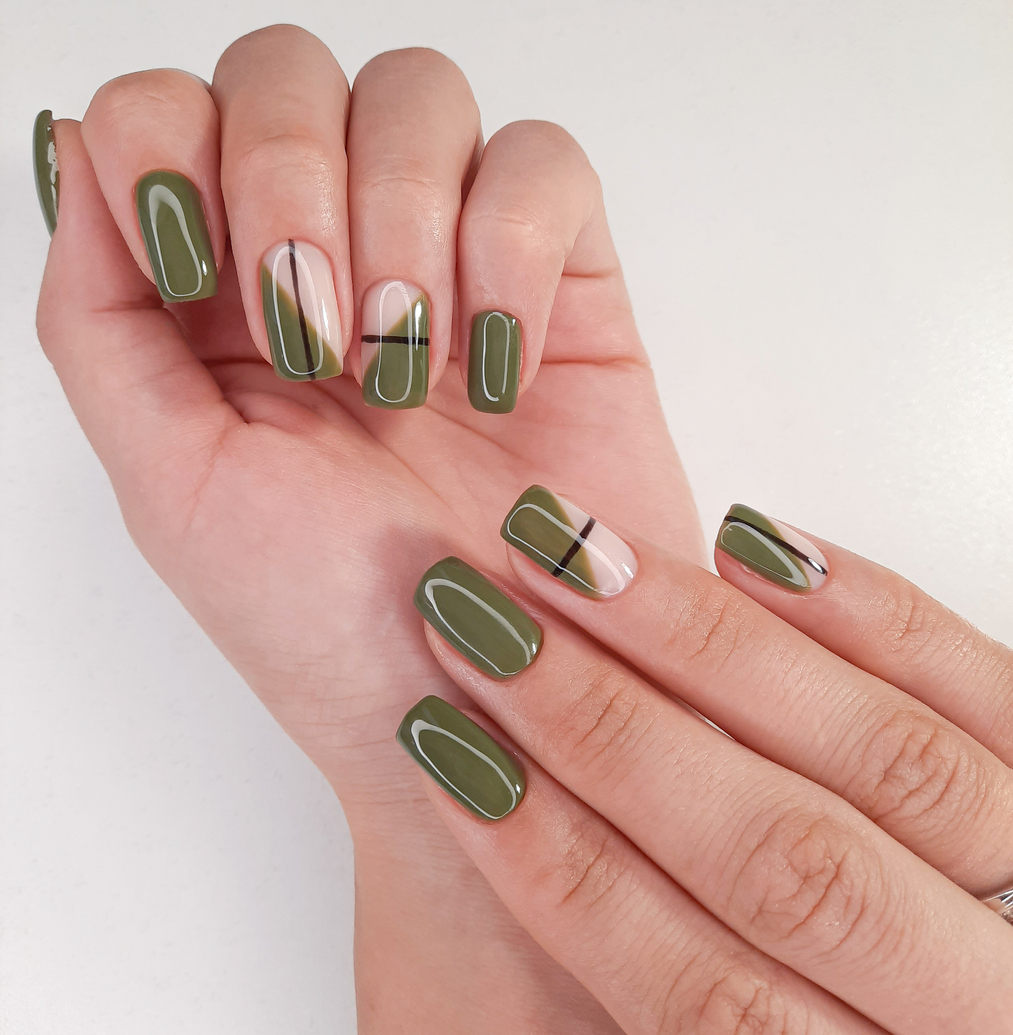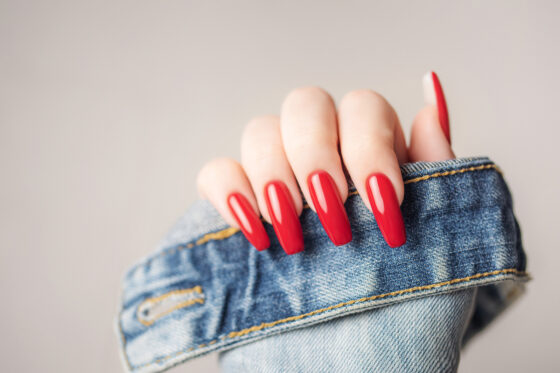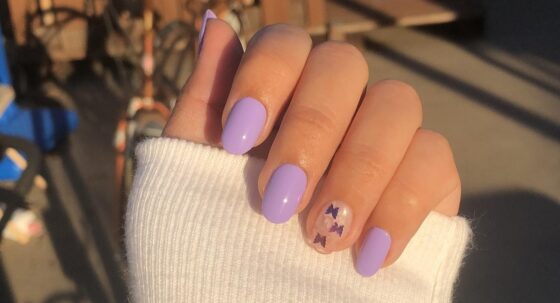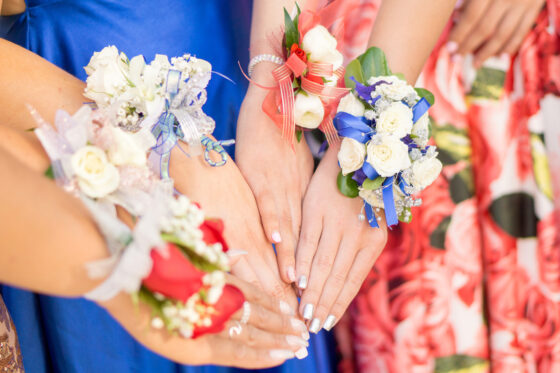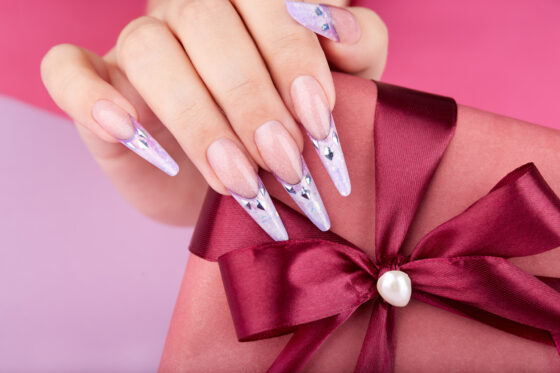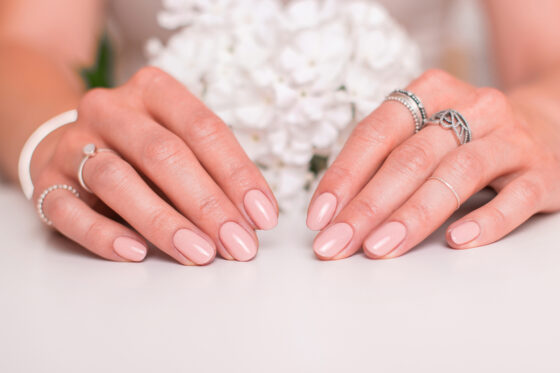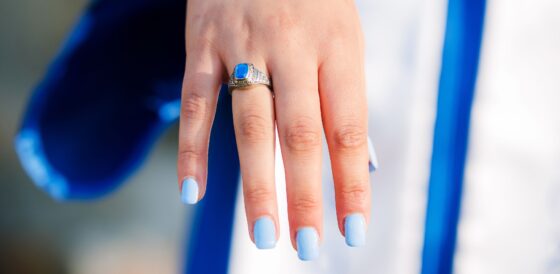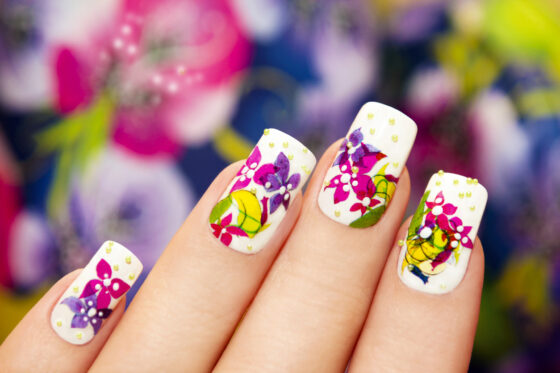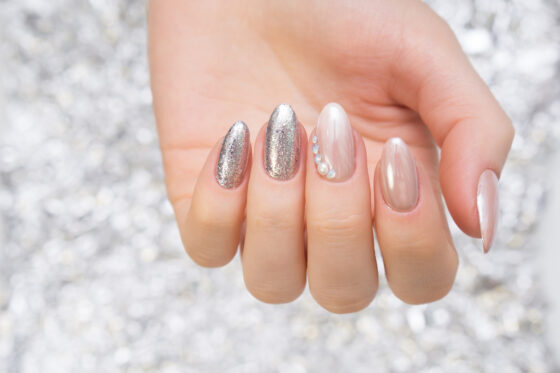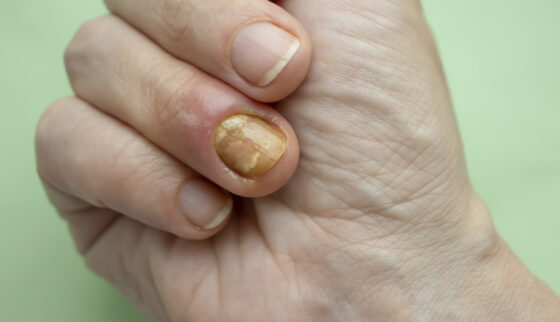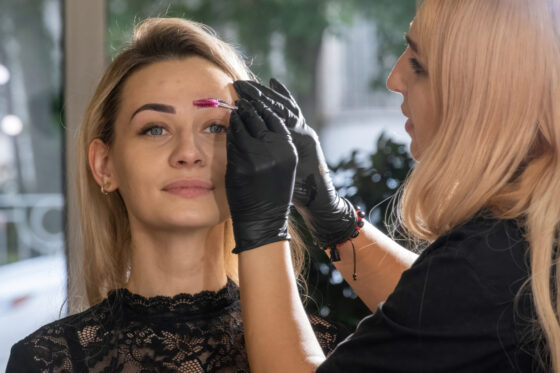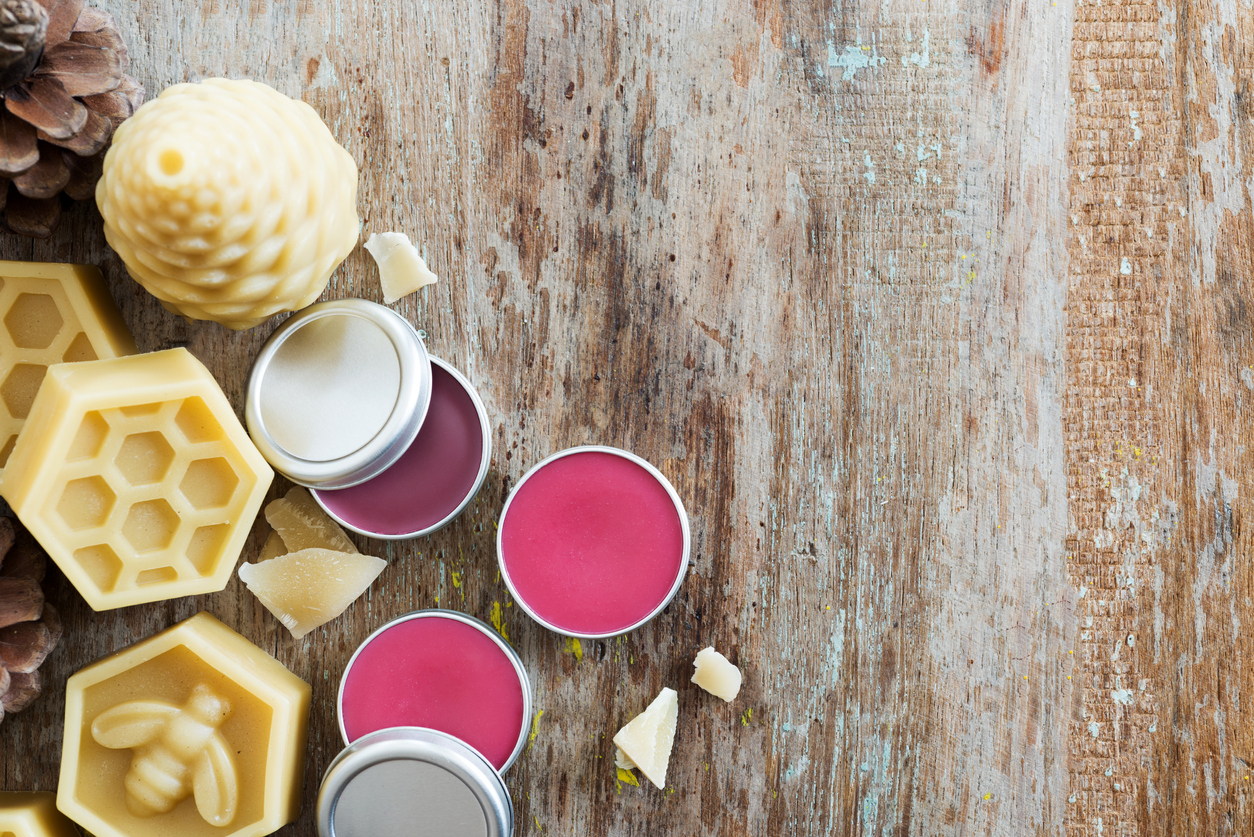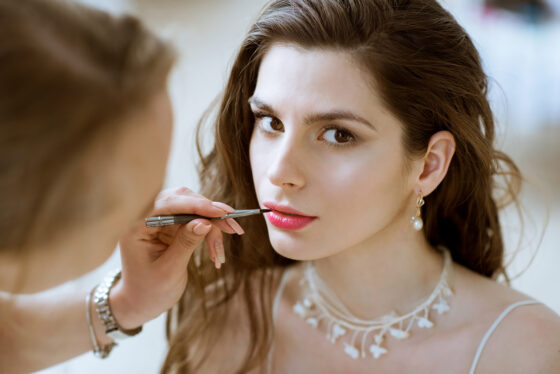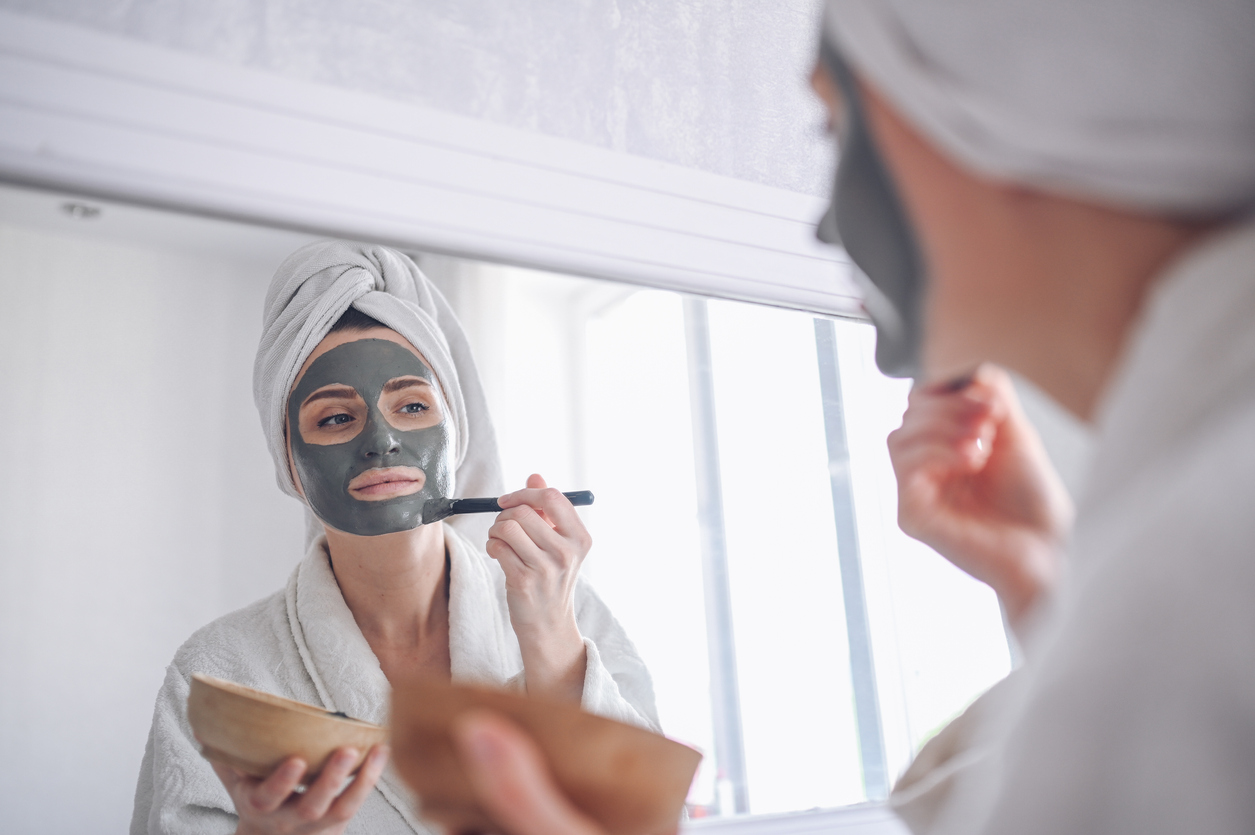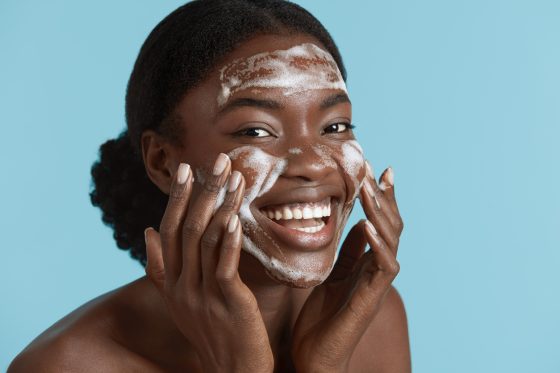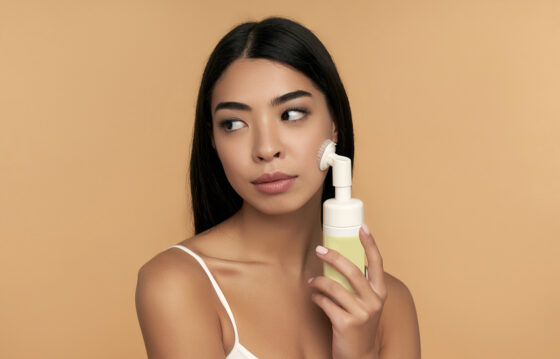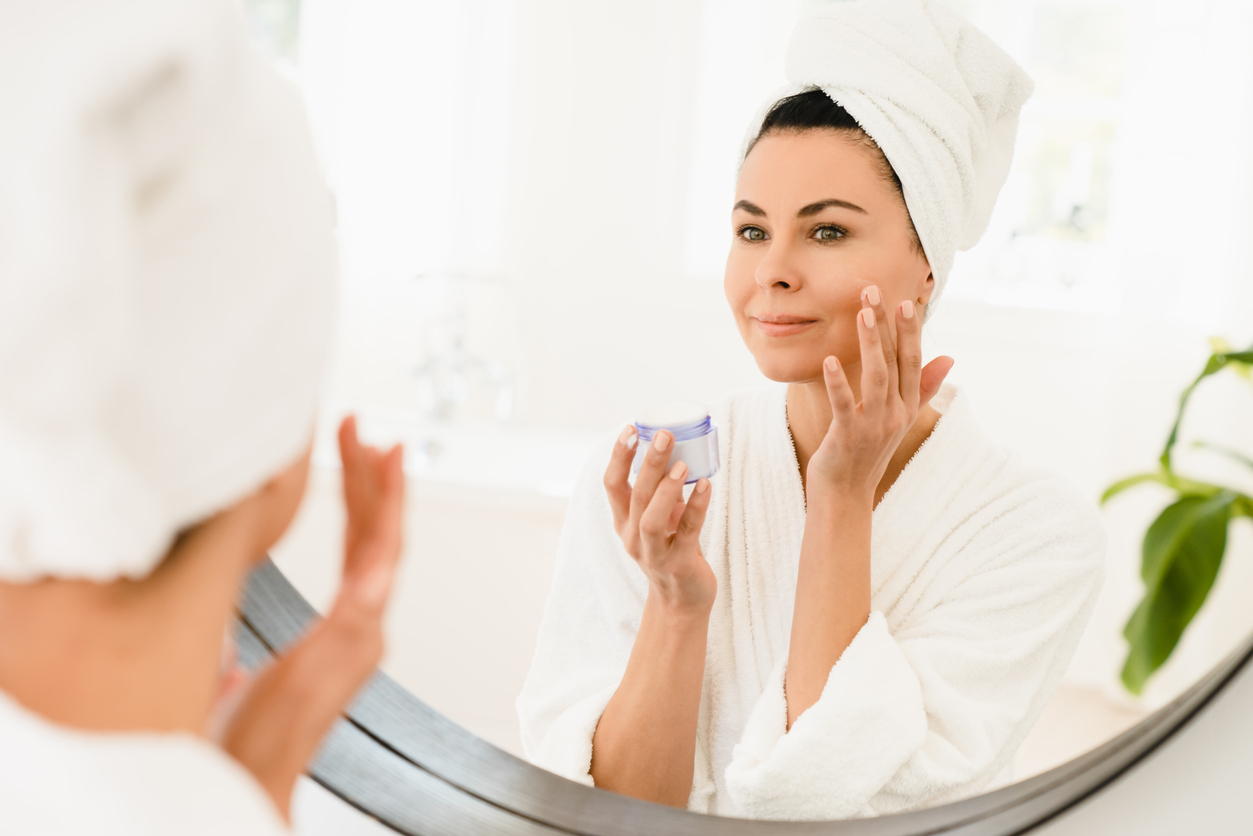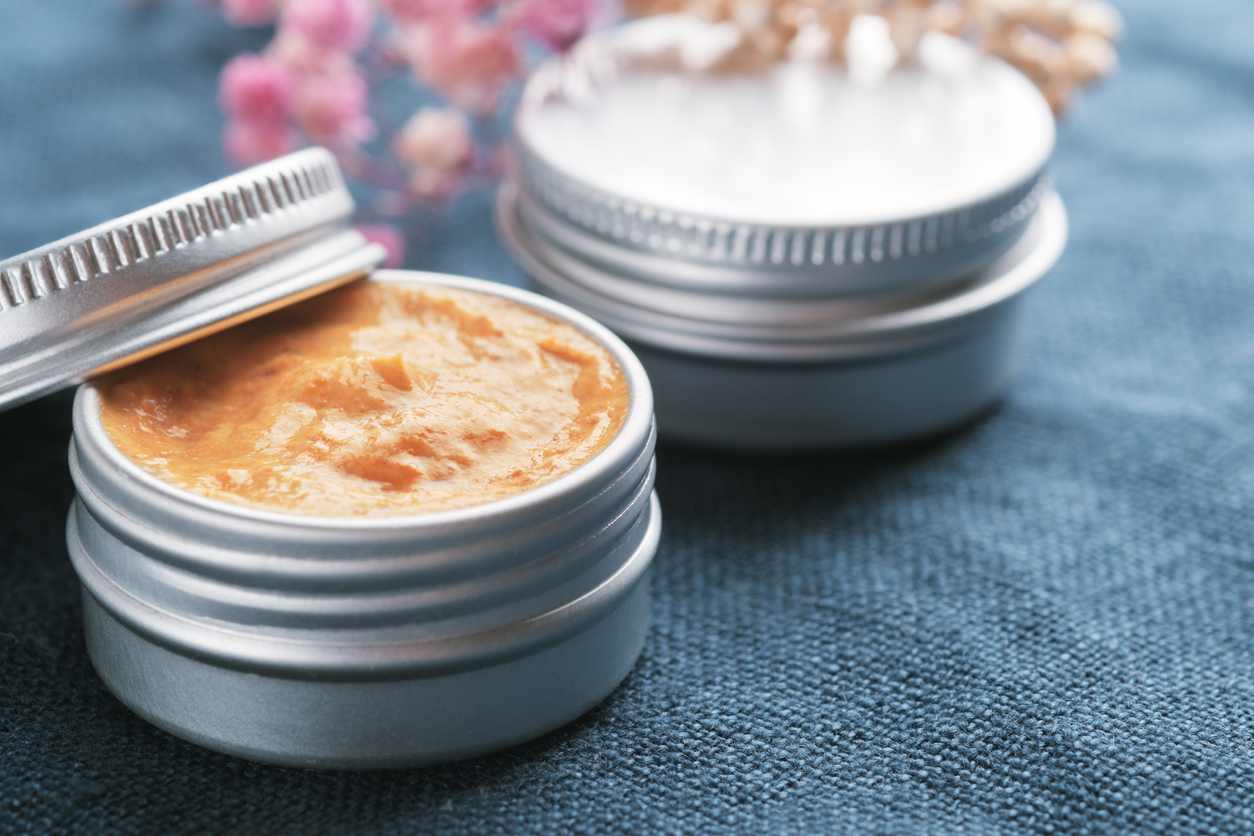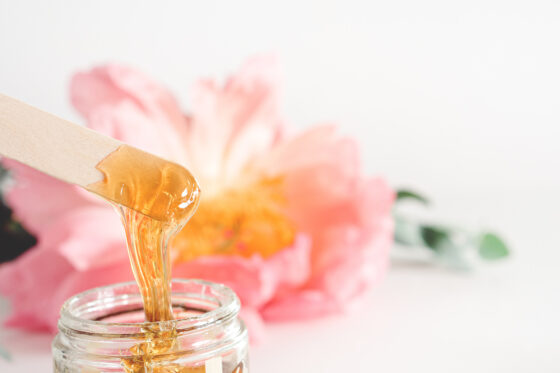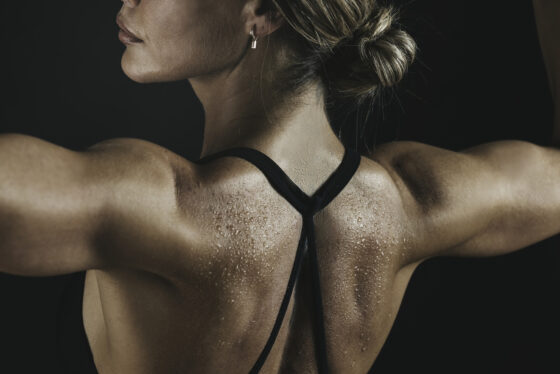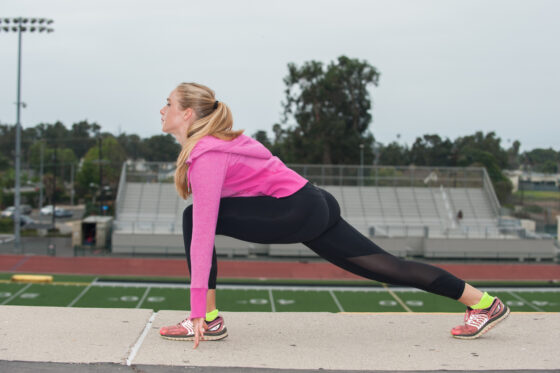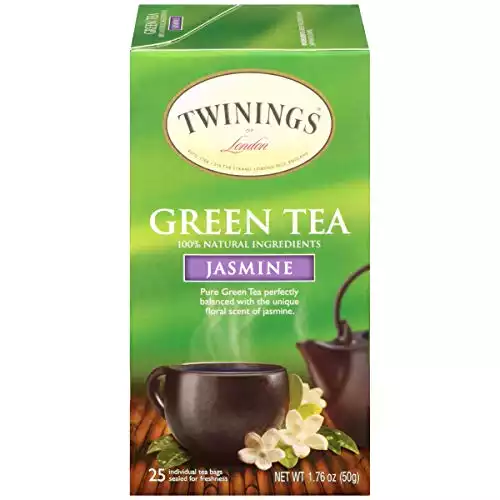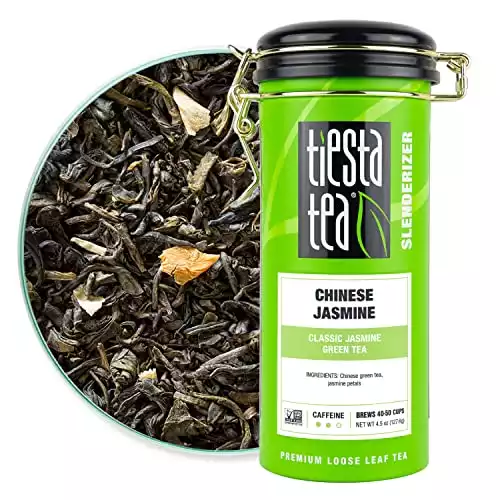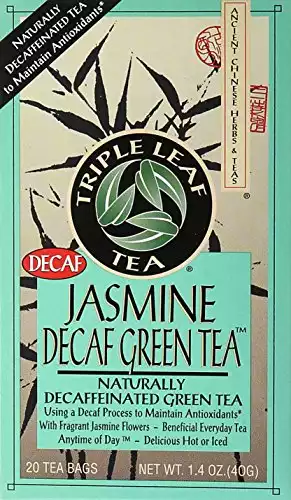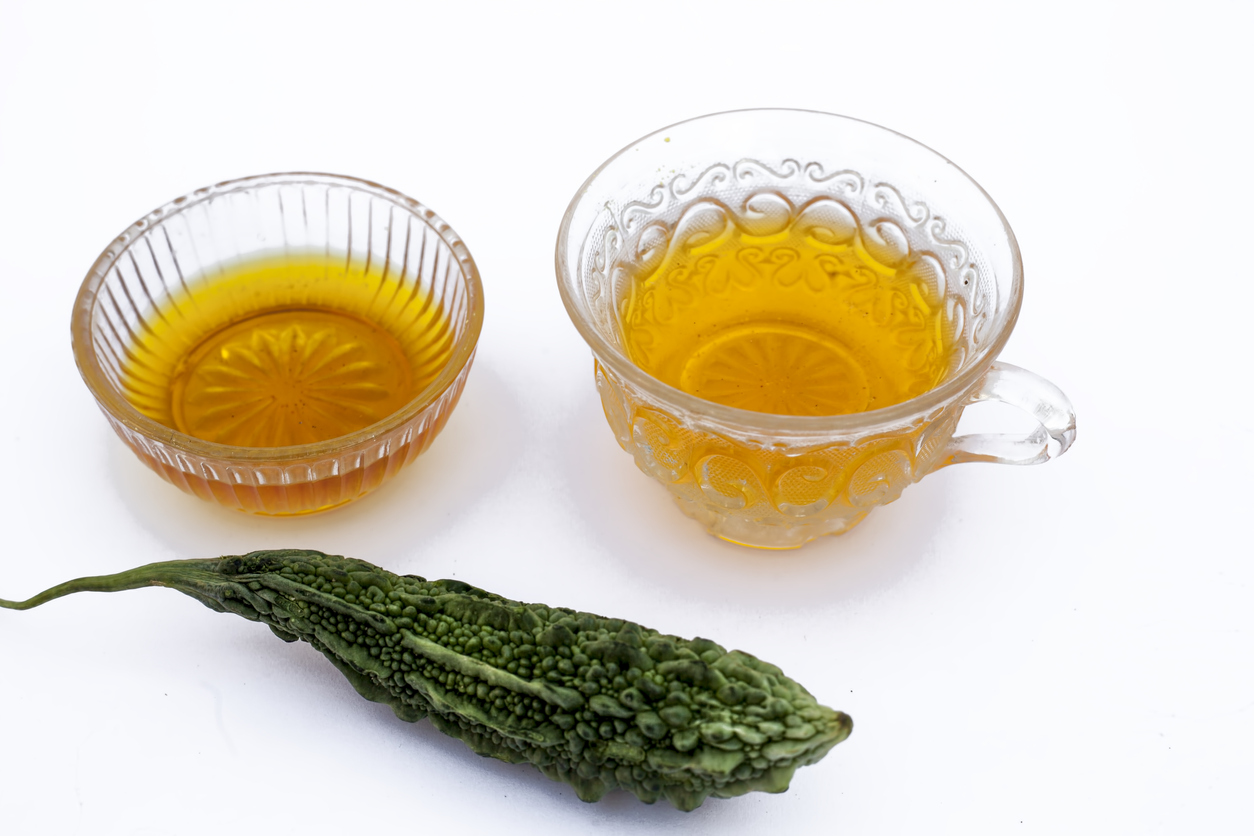Keep calm and carry on.
“Sometimes all you need is a good cup of Tea.”
Jasmine tea is a type of tea that is good for every occasion. It is known to be a soothing ability to revitalize the mind and body.
When it comes to the question, ‘does jasmine tea have caffeine?’ the answer can be unclear, and you may come across many conflicting answers.
Pure jasmine tea does not contain any caffeine. Jasmine tea leaves are caffeine-free and a known natural relaxant. It has a calming effect on the nervous system and is known to aid with anxiety, irritability, and insomnia. Many types of jasmine teas contain mild to moderate amounts of caffeine because the pure jasmine flower is infused with tea leaves that naturally contain caffeine.
People often choose tea over coffee or soda as a source of caffeine because of its lower caffeine content and its surprising number of health benefits. Jasmine tea is one variety of tea with many advantages for health.
Some health benefits of jasmine tea include:
- Loaded with antioxidants
- Increases metabolism
- High in polyphenols, which may help protect against heart disease.
- Promotes proper oral hygiene
- Reduces blood sugar levels
Many types of tea are wonderful for human health. Spearmint tea benefits are known for digestion and gut health, whereas chamomile tea benefits are renowned for sleep.
Jasmine Tea Caffeine Levels
Jasmine teas are known for their unique ability to produce a calming effect while simultaneously energizing the mind. The name ‘jasmine’ in caffeinated tea often implies that the tea is blended, scented, or flavored with jasmine. Jasmine tea can be made using any of the true teas from the Camellia sinensis plant as a base.
The four most common kinds of tea from the Camellia sinensis plant are:
- Black tea: Fully oxidized
- White tea: Slightly oxidized
- Green tea: Unoxidized
- Oolong tea: Partially oxidized
Herbal teas like mugwort tea are made from dried herbs, fruits, and flowers, and rooibos teas are made from dried rooibos plants.
Different kinds of jasmine tea contain different amounts of caffeine and range from 15 mg to 60 mg of caffeine per cup. The average cup of jasmine tea contains 30 mg of caffeine.
The chart below compares the amount of caffeine in jasmine tea caffeine compared to other popular sources of caffeine.
| Caffeine Source | Amount | Caffeine Content |
| Jasmine Tea | 1 tea bag | 30 mg |
| Green or Black Tea | 1 tea bag | 30-50 mg |
| Coffee | 8 ounce cup | 80-100 mg |
| Caffeinated Soda | 12 ounce can | 30-40 mg |
| Energy Drink | 12 ounce can | 40 – 250 mg |
Is jasmine tea caffeinated? The short answer is yes. The caffeine content of jasmine tea depends on the kind of tea and how long you steep it. Like other caffeinated teas, a one-minute steep will result in 50% less caffeine than a three-minute steep.
Caffeine content is also higher in younger, fresh tea leaves.
Let’s explore the caffeine content of jasmine tea in the most popular kinds. Each value is based on an average cup size steeped for three minutes.
Jasmine Green Tea
30-40 mg
Jasmine green tea is made by infusing green tea leaves with jasmine flowers. It contains an average amount of caffeine compared to other types of caffeinated tea. The average cup of jasmine green tea contains 30 to 40 mg of caffeine.
Chinese Jasmine Tea
30 to 35 mg
Traditional Chinese Jasmine tea is made from green tea leaves infused with jasmine. Chinese jasmine tea has a higher concentration of jasmine flowers and a more potent aroma than jasmine green tea.
Try Chinese jasmine tea if you want youthful skin; it is an ancient beauty secret in China. Chinese jasmine tea is thought to slow down signs of aging, such as facial dehydration and age-related blemishes. The average cup of Chinese jasmine tea contains 30 to 35 mg of caffeine.
Sunflower Jasmine Tea
30-40 mg
Have you spotted jasmine tea in a bright golden orange tin with Chinese characters? This is likely Sunflower jasmine tea. Sunflower is a popular tea brand in China, a staple in many Chinese-American households.
Sunflower jasmine tea is a loose-leaf Chinese green tea with jasmine additives. It contains the same amount of caffeine as other jasmine green teas. The average cup of Sunflower jasmine tea contains 30 to 40 mg of caffeine.
Jasmine Oolong Tea
40 mg
Oolong yea is a traditional Chinese tea that falls in between green tea and black tea; it retains the antioxidant benefits of green tea and the bold flavor of black tea. Jasmine oolong tea combines oolong tea with natural jasmine buds for a sweet jasmine taste with refreshing green tea sap.
Like arnica tea, oolong tea is known for its anti-inflammatory properties.
Oolong tea is also known to stimulate fat burning by increasing the number of calories the body burns. The average cup of jasmine oolong tea contains 40 mg of caffeine.
Decaf Jasmine Tea
2 mg
If you want to enjoy the benefits and taste of jasmine tea without caffeine, decaf jasmine tea is a great option. Naturally, decaffeinated teas contain approximately 2 mg of caffeine; it is so low that it is unlikely to have any stimulating effect on the brain.
Unlike pure jasmine flower tea or herbal jasmine tea, decaf jasmine tea is made from decaf instead green tea leaves to retain the bold tea flavor. The average cup of decaf jasmine tea contains 2 mg of caffeine.
Black Jasmine Tea
50 mg
Kickstart your morning with a bold cup of black jasmine tea. Black jasmine tea is a rare kind of jasmine tea, known for its strong tea flavor and higher caffeine content, like other black teas such as earl grey tea. The average cup of black jasmine tea contains 50 mg of caffeine.
White Jasmine Tea
20 mg
If you’re looking for lavish Jasmine tea, this one is a splurge. Asian Jasmine 100 % white tea is one of the rarest kinds of jasmine tea, with rare spring buds from China’s Fujian Province.
White tea is the least processed of all the Camellia sinensis plant teas and contains the highest amount of antioxidants. White jasmine tea is a delicate, light tea with a sweet finish. The average cup of white jasmine tea contains 20 mg of caffeine.
Herbal Jasmine Tea
Caffeine-free
Pure jasmine tea, or herbal jasmine tea, is a type of tea made from 100% pure jasmine flower with no added tea from the Camellia sinensis plant. Like cerasee tea, herbal jasmine tea is caffeine-free and loaded with herbal benefits. The average cup of herbal jasmine tea is caffeine-free.
Zohna Tip
Look for herbal teas containing jasmine flowers if you want a caffeine-free beverage with the health benefits of jasmine tea.
Types of Jasmine Tea Caffeine Chart
The chart below summarizes the jasmine tea caffeine content for an average cup steeped for three minutes.
| Type of Jasmine Tea | Caffeine Amount |
| Jasmine Green Tea | 30-40 mg |
| Chinese Jasmine Tea | 30-35 mg |
| Sunflower Jasmine Tea | 30-40 mg |
| Jasmine Oolong Tea | 40 mg |
| Decaf Jasmine Tea | 2 mg |
| Black Jasmine Tea | 50 mg |
| White Jasmine Tea | 20 mg |
| Herbal Jasmine Tea | Caffeine-free |
FAQ
How Much Jasmine Tea Should You Drink Per Day
For healthy adults, the FDA recommends consuming no more than 400 milligrams of caffeine per day. Based on an average cup of jasmine caffeine containing 30 milligrams of caffeine, that is 13 cups of jasmine tea daily. However, 400 milligrams is the maximum amount of caffeine a person can safely consume without negative side effects. Experts recommended consuming only 2 to 3 cups of jasmine tea per day for health benefits.
Keep Calm and Drink Jasmine Tea!
Does jasmine tea have caffeine? For the most part, yes, it does. Pure jasmine flower is a caffeine-free plant added to caffeinated Camellia sinensis teas to give them a strong, sweet flavor and added health benefits.
Jasmine teas are often known for their unique ability to produce a calming effect while simultaneously energizing the mind. Keep calm and drink jasmine tea for a healthy way to consume caffeine!
